Committees
Future Focused Learning
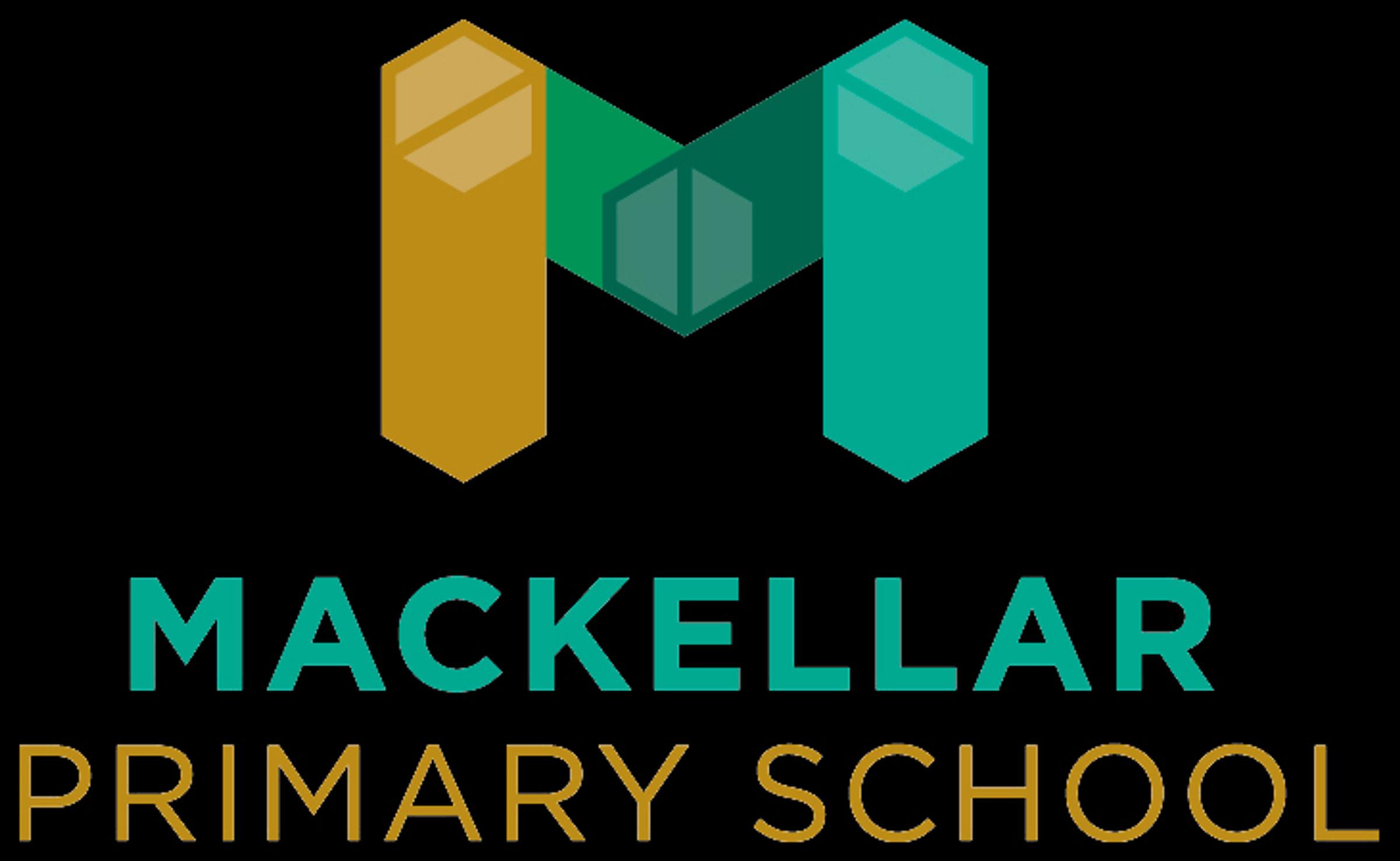
Committees
Future Focused Learning
Future Focused Learning
As we head into Term 4, it is important to recognise the hard work that our staff, parents, and broader school community have put in to supporting the ever-changing needs of our students.
Although it has been a challenging year, there are many positives that have come out of 2021 so far. In particular, the up-skilling of our staff at Mackellar Primary School has been prioritised, not only in the teaching of English and Mathematics, but also in understanding the need for student agency. In saying this, the staff at our school are currently on a journey in creating learning environments and experiences that encourage students to be leaders of their own learning by taking on the concept of ‘Future-Focused Learning’.
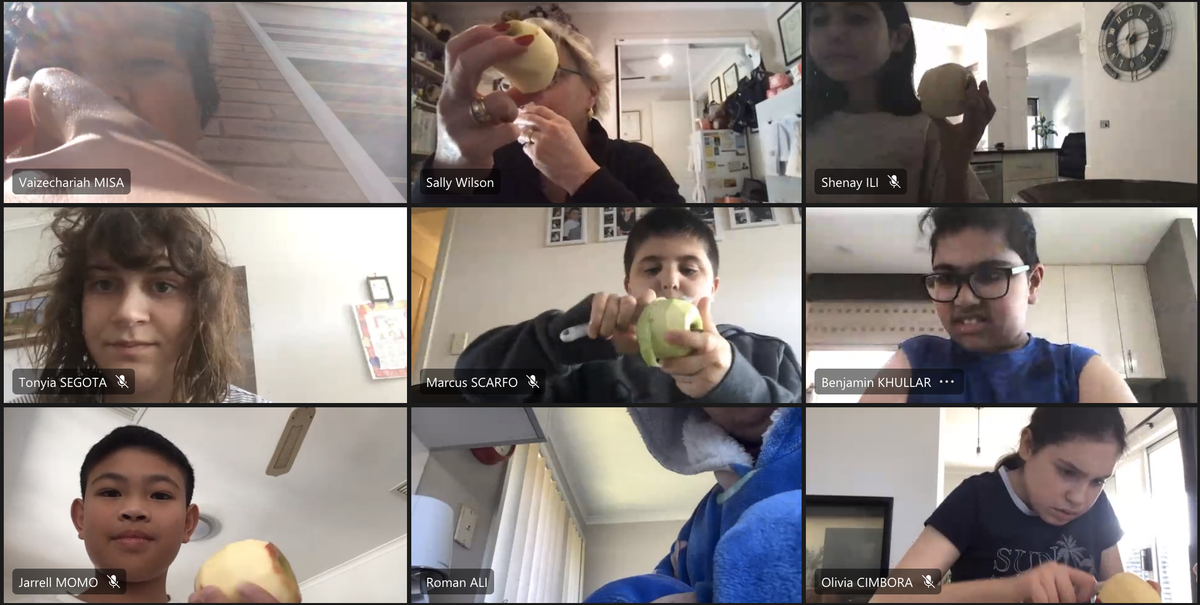



Future-Focused Learning prepares students across all areas of the curriculum with skills and capabilities to thrive in a rapidly, ever-changing, and interconnected world. It connects our students and engages their sense of curiosity, helping them to make meaning of the world. When learning in a Future-Focused manner, students collaborate and use critical and creative thinking skills to solve problems, which encourages growth as active and informed global citizens.
Our Future-Focused teachers at Mackellar Primary School know and understand the needs and talents of their students - and this has been proven during a series of professional learning Masterclasses that teachers have been participating in over the past few months. With the ongoing support of Future-Focused Learning guru, Lee Watanabe-Crockett, staff are extending the expectations of our students and thinking of them not only as lifelong learners, but also as global citizens. We do this through recognising the need for student agency within all classrooms.
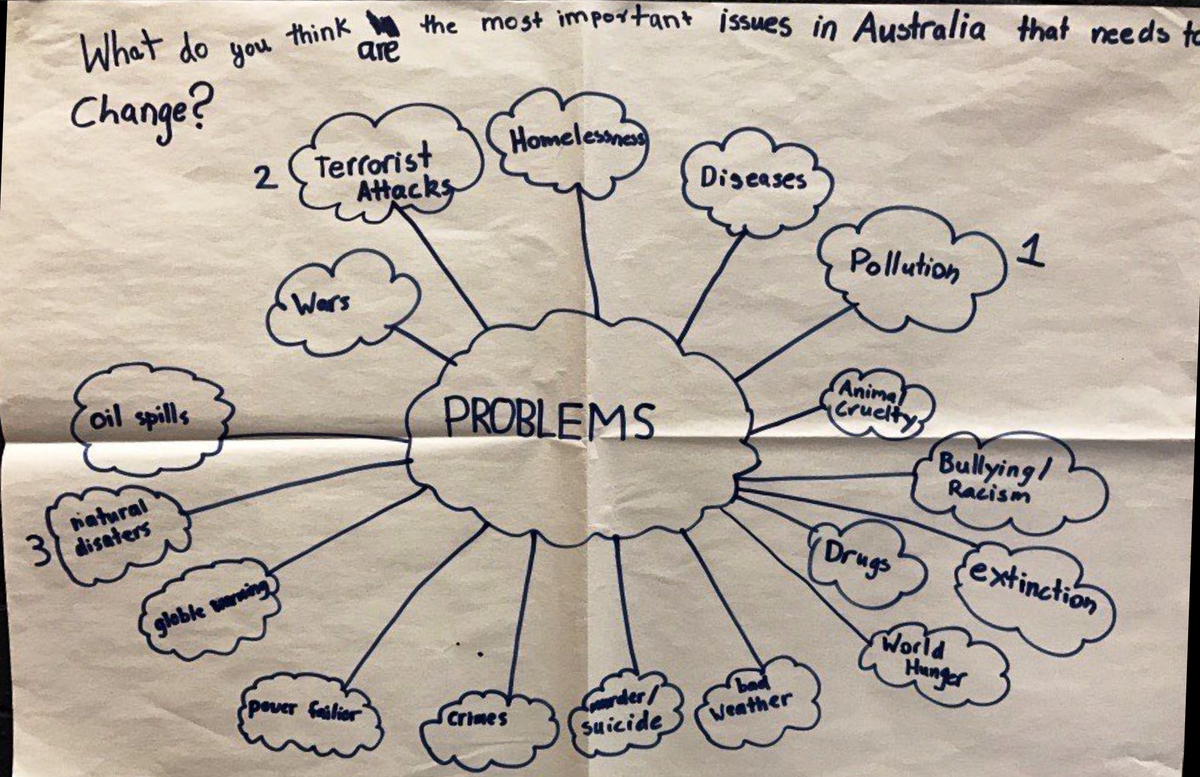

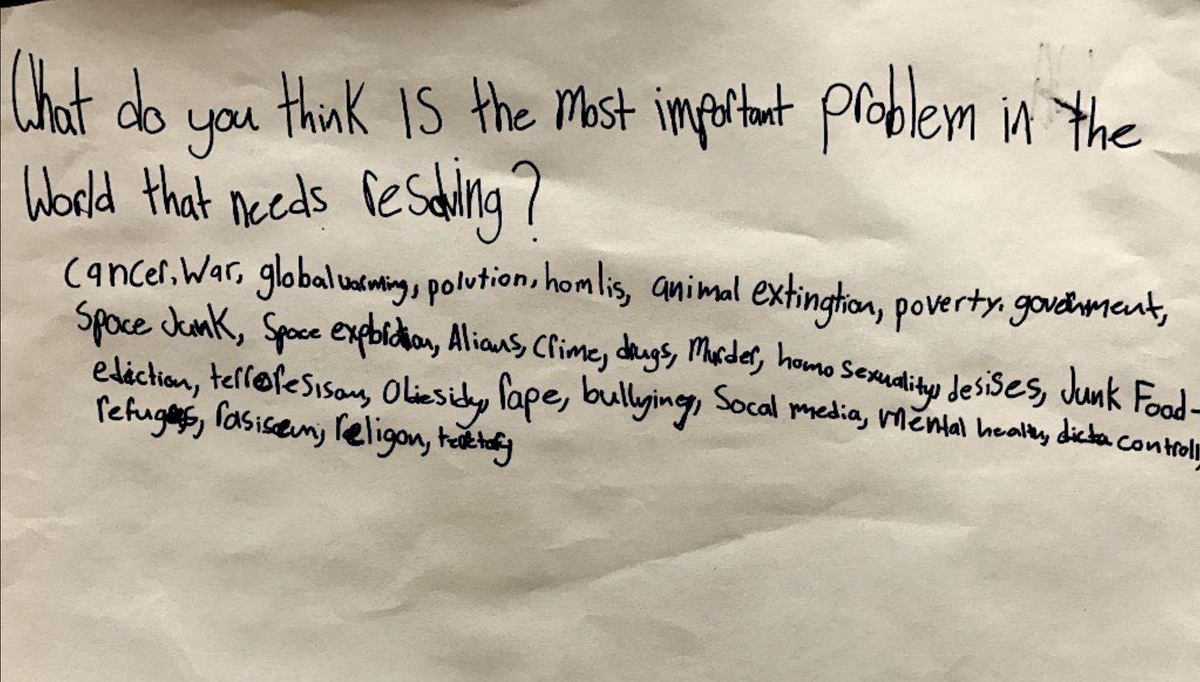



As part of our most recent masterclass, staff were asked (and challenged) to consider what their students are curious about, concerned about and what they want to create. So, let me ask you this question - What are your children CURIOUS and CONCERNED about? And what do they want to CREATE in response to these curiosities/concerns?
Global citizenship means taking time to reflect on the world around you. A globally competent student is one who can investigate the world, compare perspectives, interact with diverse audiences and take action where possible. Tonight, I encourage you all to take some time to have a discussion with your children about what’s happening in the world. Work with them to understand their curiosities and concerns, and remind them that just because we are not experiencing certain things, does not mean they’re not happening somewhere.
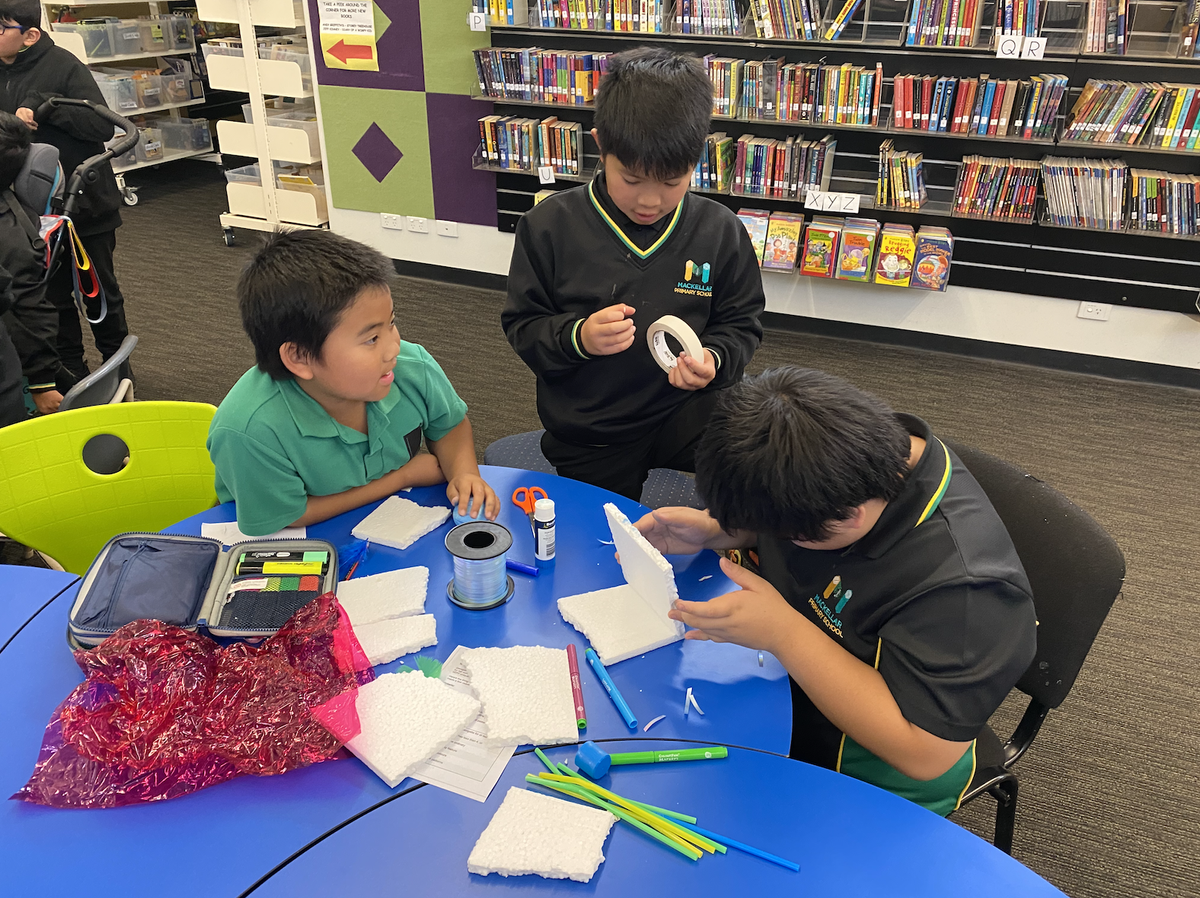
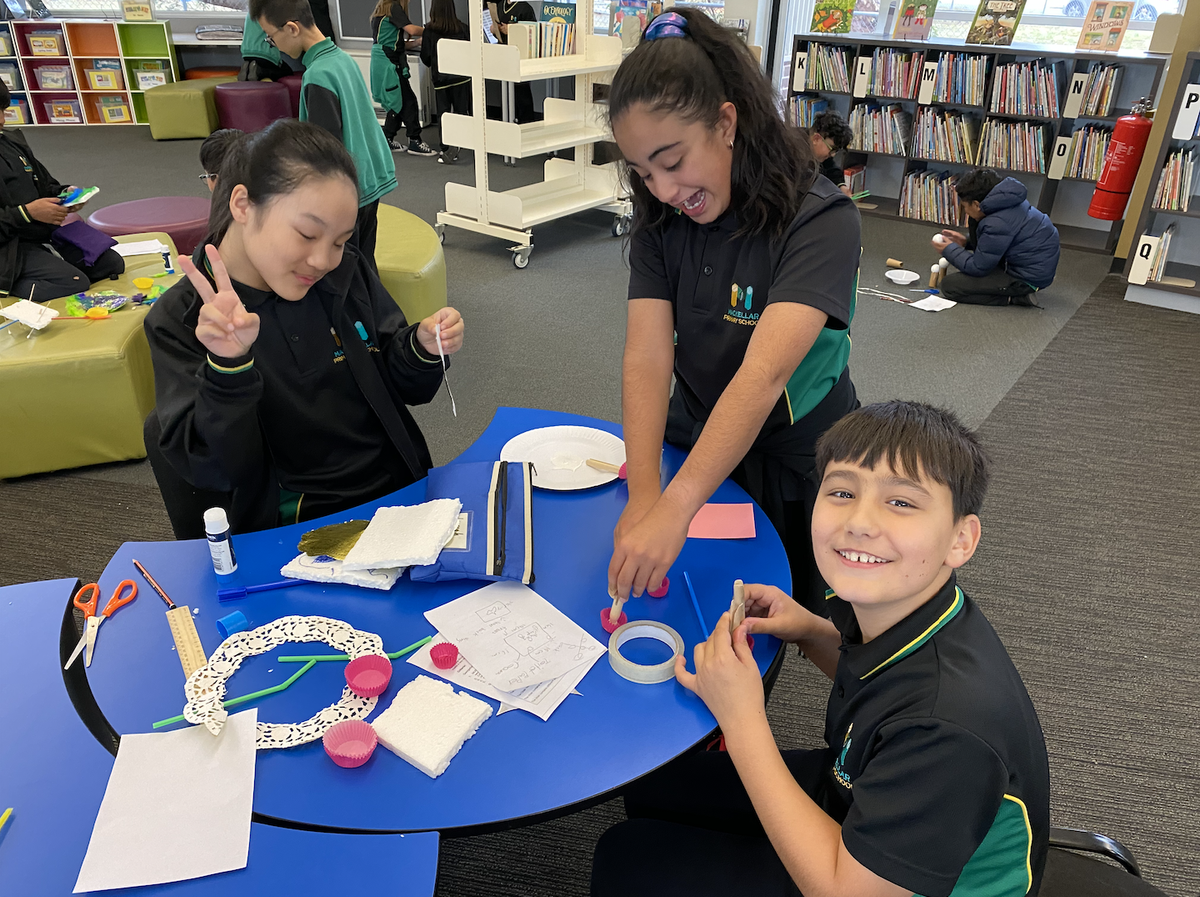
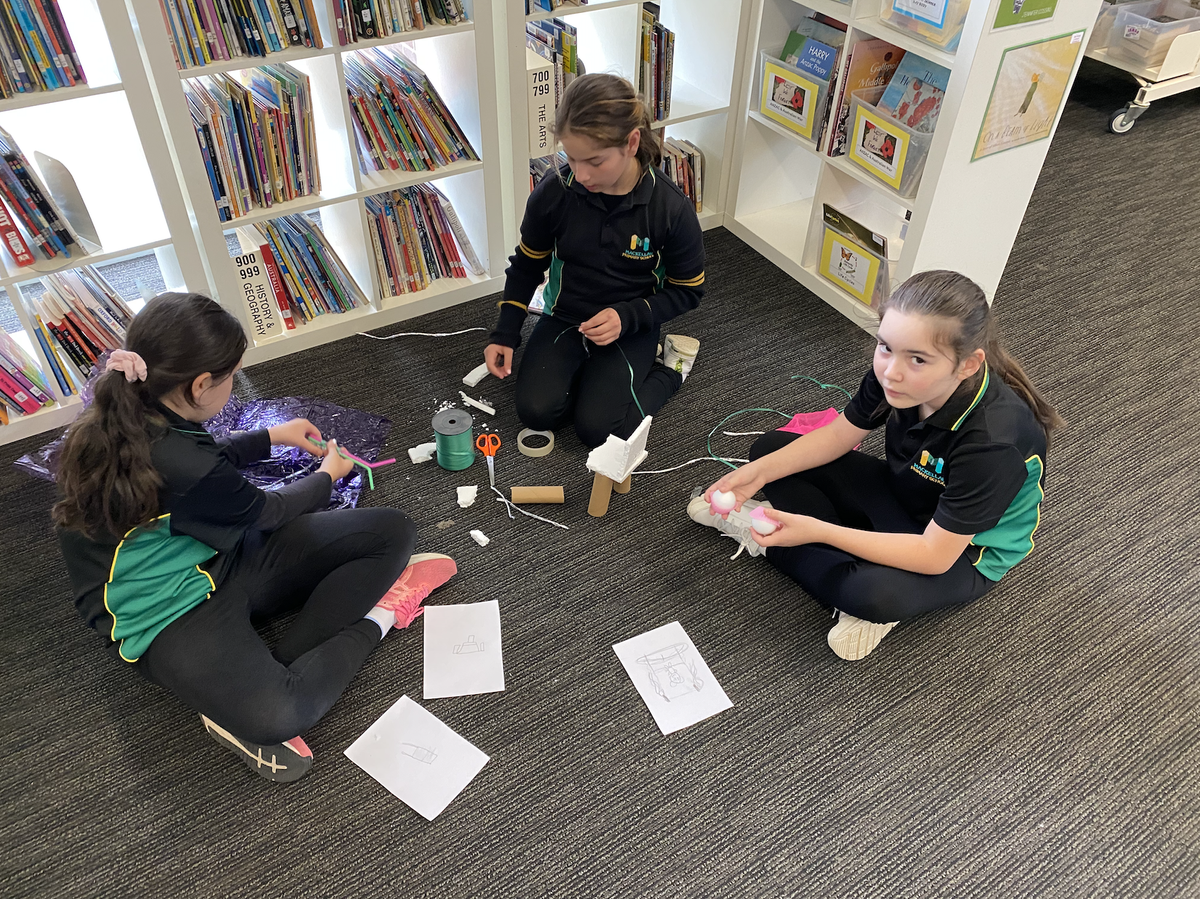



Where to from here? Well, we need to understand students’ curiosities and concerns in response to what is happening in the world around them. Albert Einstein once said that if he were given an hour to solve a problem, he would spend five minutes on the solution and the rest of that hour defining the problem. It is with the professional learning staff are receiving, that we are working through the first stage of Future-Focused learning in our classrooms. That first stage being - you guessed it - defining the problem.
Regards
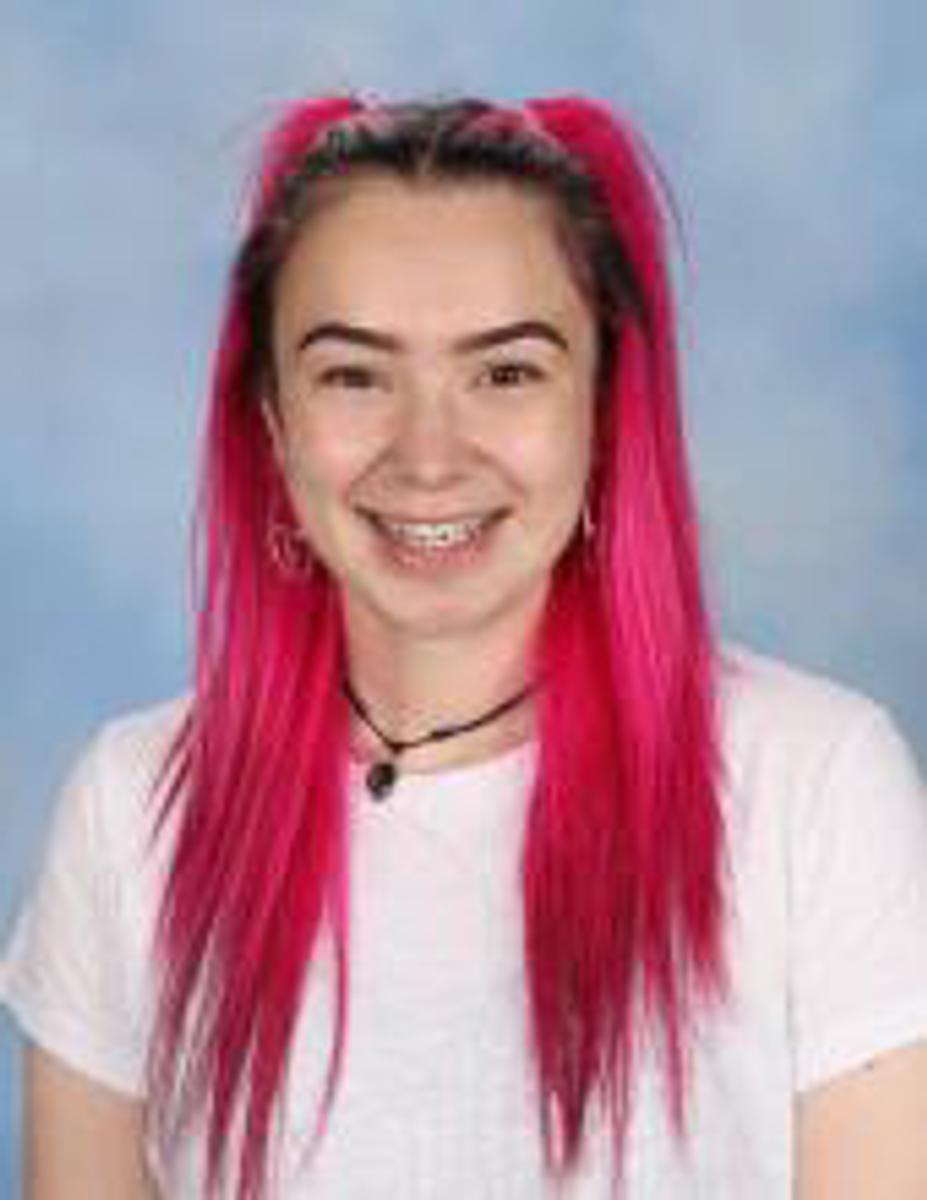

Gemma Matias
Future Focused Learning Leader